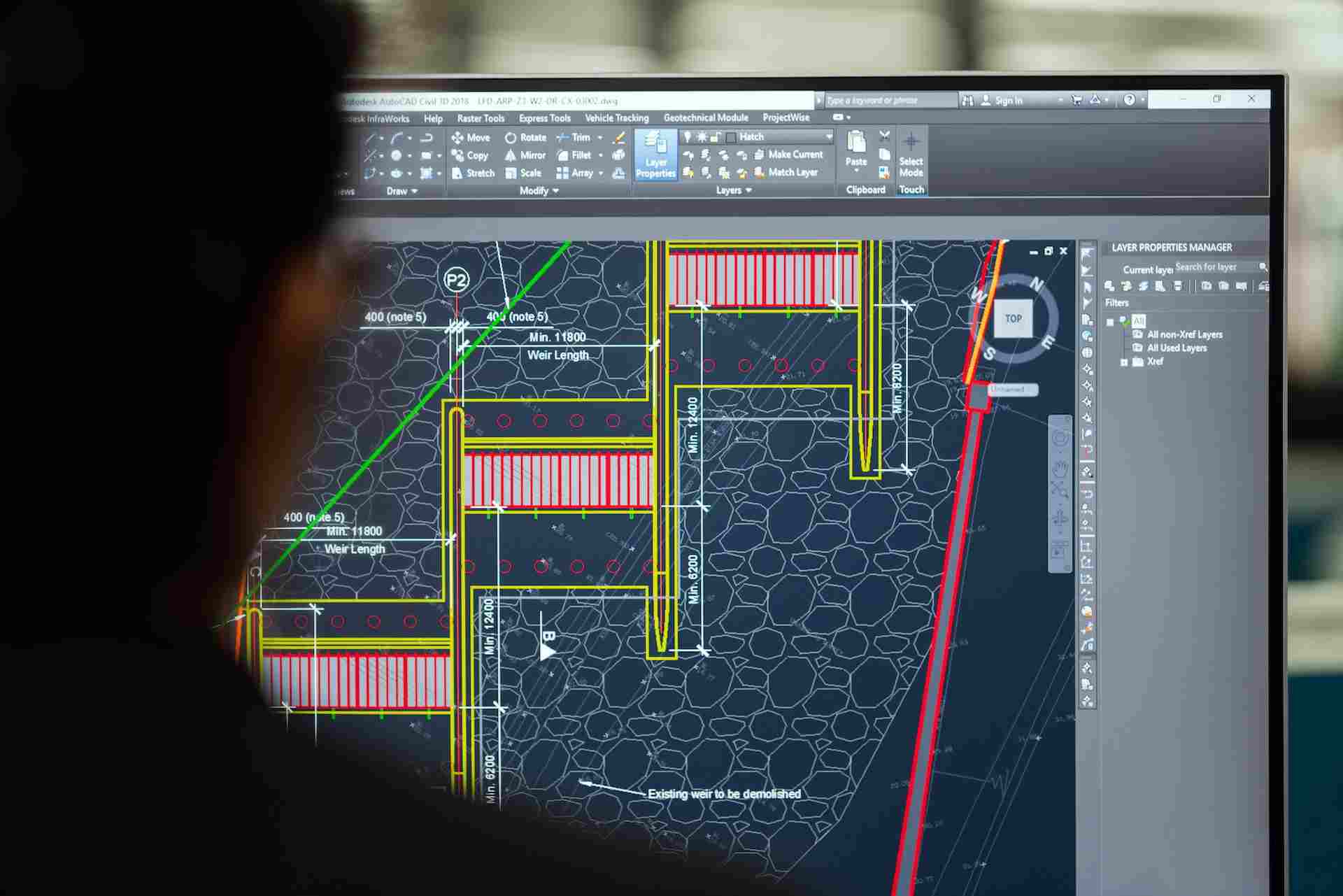In today's fast-paced world, event planning and management have become more complex and demanding than ever before. Whether it's a corporate conference, wedding, or music festival, every successful event requires meticulous planning, efficient coordination, and seamless execution.
To achieve this level of excellence, event professionals rely heavily on technology, particularly event management software.
This article aims to delve into the world of event management industry and its technological advancements helping you crack the code to find the perfect solution that suits your unique needs.
Understanding Event management software
Event management software is a powerful tool designed to streamline the entire event planning and execution process. From initial ideation to post-event analytics, this software serves as a central hub for all event-related tasks. It helps event planners stay organized, enhance collaboration among team members, and efficiently manage resources, ensuring a flawless experience for both organizers and attendees.
Features to look for in Event management software
Event Registration and Ticketing:
Robust event management software should offer seamless event registration and ticketing options. This feature allows attendees to register online, select ticket types, and make secure payments, simplifying the entire process for both parties.
Attendee Management:
Efficient event management software provides tools to manage attendees' data, track registrations, and communicate important updates or changes. This ensures that organizers can maintain a personalized touch and cater to attendees' preferences.
Marketing and Promotion:
Look for software that includes marketing and promotional tools to reach a broader audience. Features such as email campaigns, social media integrations, and personalized invitations can significantly boost event visibility.
Resource Management:
For large events, managing resources like equipment, staff, and materials can be daunting. The right software should offer resource management capabilities to ensure everything is adequately allocated and utilized.
Reporting and Analytics:
Post-event analysis is crucial for gauging success and identifying areas of improvement. A software that provides detailed reports and analytics helps organizers make data-driven decisions for future events.
Event booking software
Event booking software specifically focuses on the ticketing and reservation aspect of events. It enables event organizers to handle bookings for various activities, sessions, or workshops within an event. This software is commonly used in conferences, workshops, and festivals where attendees have the flexibility to choose the sessions they want to participate in.
Key Features of Event booking software
Session Selection:
The event booking software should allow attendees to browse through the event agenda, view detailed descriptions of each session, and make selections based on their preferences.
Booking Flexibility:
The software should offer different ticket types or packages to accommodate various attendee needs, whether it's a single session pass, a day pass, or an all-access pass.
Waitlisting:
For popular sessions that might be fully booked, a waitlisting feature can allow interested attendees to be placed on a waiting list. This ensures that no sessions go underutilized due to last-minute cancellations.
Integrated Payments:
Secure and integrated payment processing is a crucial component of this software to facilitate smooth transactions.
Real-time Updates:
Attendees should be able to see real-time updates on session availability and any changes to the event schedule.
Venue scheduling software
Venue scheduling software is primarily focused on managing the booking and availability of event venues. It is a valuable tool for event venues themselves, allowing them to efficiently handle reservations, avoid double bookings, and maintain an organized schedule of events.
Benefits of Venue scheduling software
Streamlined Booking Process:
Venue scheduling software simplifies the booking process, making it easier for event planners to check venue availability, view pricing, and secure their desired dates.
Avoiding Double Bookings:
Double bookings can be a nightmare for both event planners and venues. Venue scheduling software ensures that such errors are minimized or eliminated altogether.
Calendar Integration:
Integrating with popular calendar platforms enables event organizers to keep track of their confirmed venue bookings alongside other event-related appointments.
Automated Communication:
The software can send automated notifications and reminders to both the venue and the event organizer, reducing the chances of miscommunication.
Access to Venue Information:
Event organizers can access essential venue details, such as floor plans, seating capacities, and amenities, to make informed decisions during the planning phase.
Conclusion
Selecting the right event management software is paramount to the success of any event. It can significantly enhance efficiency, improve attendee experiences, and optimize resource allocation.
Among the various options available in the market, VenueArc stands out as the best event management software. With its comprehensive features, including event registration, ticketing, attendee management, marketing tools, and robust analytics, Venue Arc proves to be the ultimate solution for event professionals.
So, whether you're planning a small corporate event or a large-scale music festival, choosing VenueArc will undoubtedly help you crack the code and achieve event management excellence.


